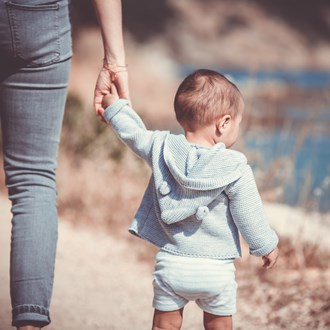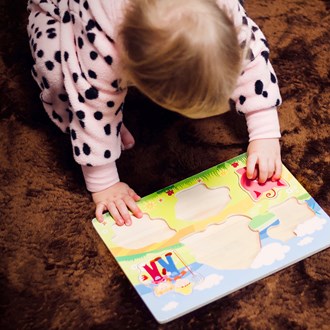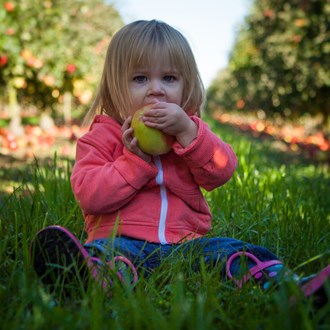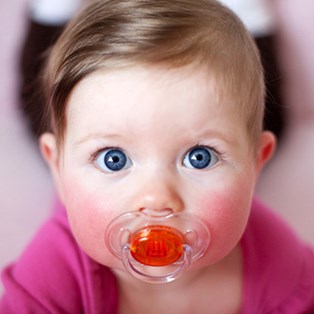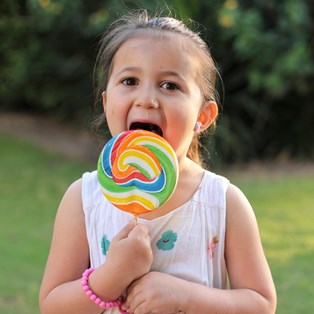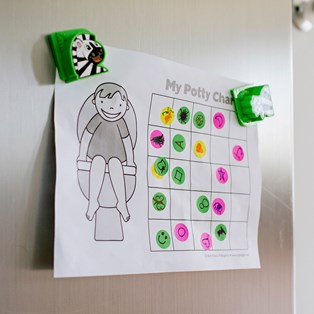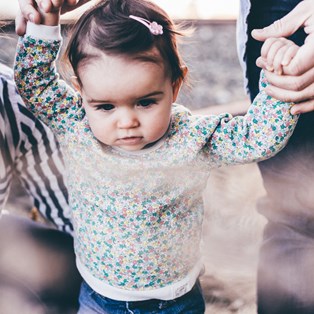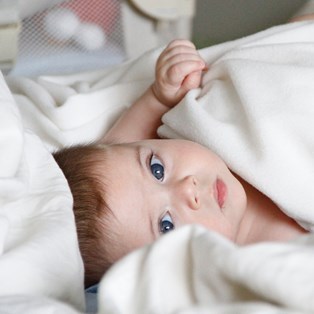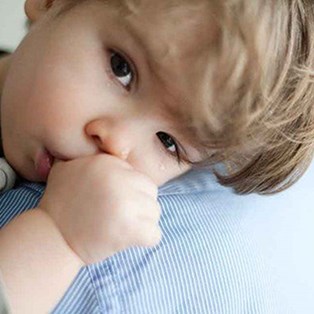Why making kids apologise is a waste of time
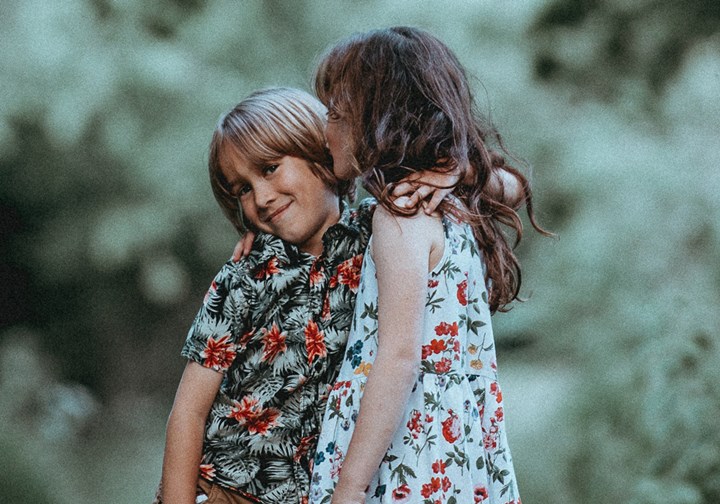
Experts say it can do more harm than good.
By Livia Gamble
April 04 2023
“Say you’re sorry.”
It’s a common request from parents after kids have done something wrong, but according to one child psychologist, there’s no point if the child doesn’t mean it.
Child psychologist and author of Peaceful Parent, Happy Siblings: How to Stop the Fighting and Raise Friends For Life, Laura Markham, says doing so can cause more harm than good.
"Decades of research on romantic relationships shows that when one person in the couple feels forced to apologise before he or she is ready, it doesn't help repair the relationship at all," Markham told Yahoo Parenting. "We believe the same is true for children when it comes to friends and siblings."
What to do instead of forcing a child to apologise?
Focus on teaching communication skills
"If you follow the practices of helping children express their wants and needs, listen to each other, and restate what they heard their sibling say, children will begin to heal their conflicts at a deeper level, so that apologies often become almost superfluous, just as with adults," Markham writes in her book.
Help them find ways to repair any damage caused
Instead of deciding the consequences of their actions for them, help your child decide how they would like to move forward. Markham says parents should offer suggestions such as a nice card and then leave the room, letting them make up their own mind.
Model appropriate behaviour
Kids learn from adults modelling how to behave. In an article published on The Huffington Post, paediatrician Howard J. Bennett, M.D. says instead of a forced apology turning into a “show down”, "parents should make eye contact with the victim and say something like this: ‘I’m so sorry, Henry. We don’t allow hitting in our house. I don’t know why Charlie did that to you.’ You should ignore your child for a moment while you make sure that Henry is feeling better.”
He adds: “Children learn by experiencing the consequences of their actions.”

